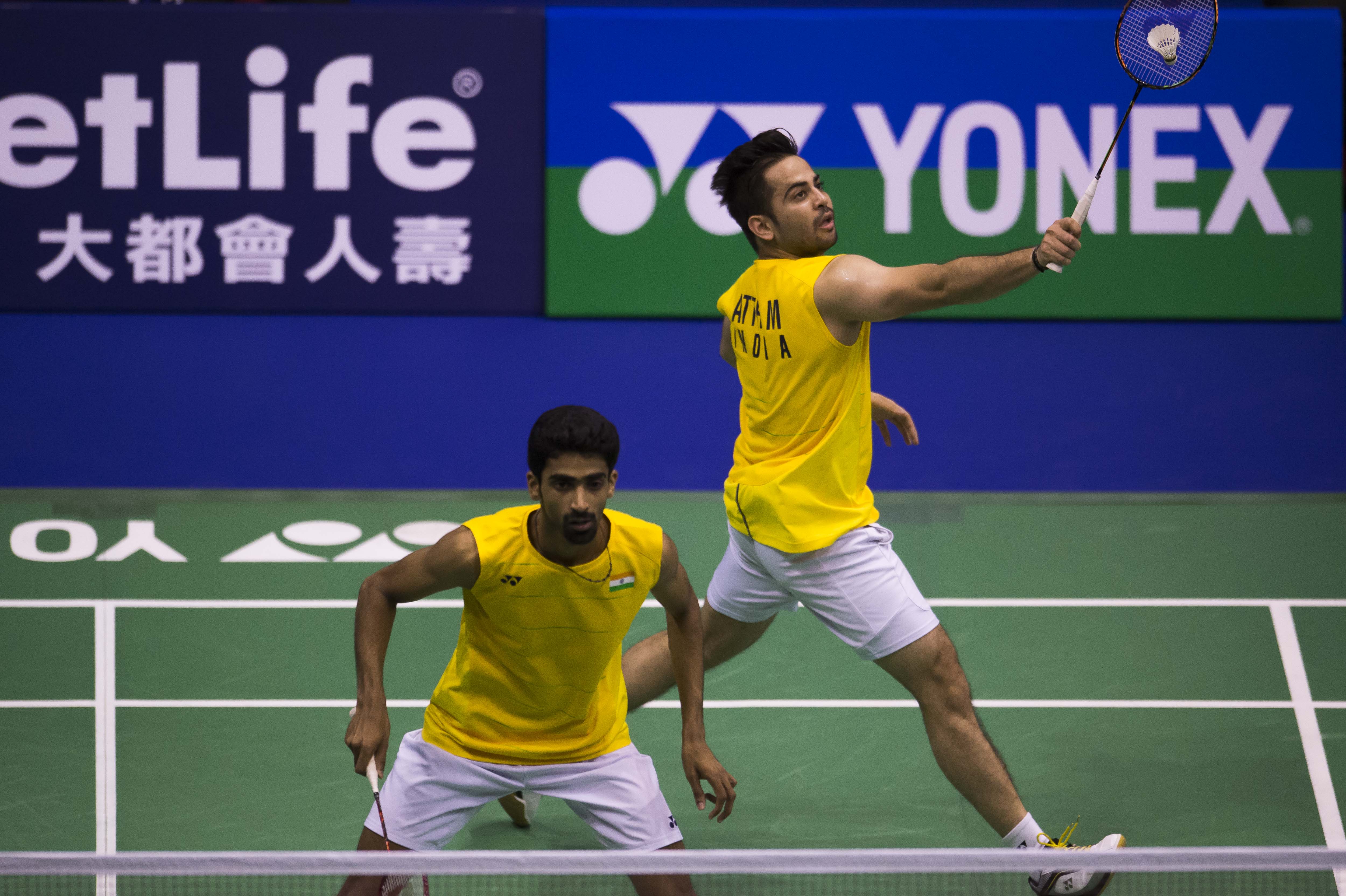Gukesh’s Humble Triumph: A Champion’s Quiet Reflection After World Chess Victory
When D. Gukesh was crowned the 2024 World Chess Champion, it wasn’t just his remarkable skill on the board that stood out—it was the calm, introspective way he celebrated his victory. Rather than bursting into loud celebrations, Gukesh took a moment to process his achievement, demonstrating his respect for the game and his quiet strength as a champion.
The Quiet Champion: Gukesh’s Reflective Victory
In a sport often defined by grand celebrations and dramatic flair, Gukesh’s response to becoming the youngest World Chess Champion in history was one of quiet reflection. The moment he won, there was no rush for headlines or attention. Instead, Gukesh bowed his head to the board, a silent expression of gratitude for the journey he had just completed.
As the chess community erupted with applause, Gukesh’s emotions were palpable but subtle. A single tear escaped from his eye, a silent acknowledgement of the years of work, sacrifice, and dedication that had led him to this historic win. But even in that moment, he maintained his poise—wiping away the tear with a single motion, returning his focus to the game.
Restacking the Pieces: Gukesh’s Tribute to the Game
In the minutes following his historic win, Gukesh did something few champions would think to do—he restacked the pieces on the chessboard. This simple act was not only a sign of respect for the game but also a reminder of how deeply connected Gukesh is to the chess world. To him, each move, every decision made, mattered more than the spotlight.
By quietly returning the pieces to their original positions, Gukesh signaled the end of one chapter and the beginning of another. It was a moment of pause, a reflection on his journey to the title—a reminder that in the world of chess, the journey itself often holds more value than the ultimate prize.
A Humble Victory: Gukesh’s Quiet Demeanor Sets Him Apart
While other young champions may have celebrated in front of the cameras with loud cheers and dancing, Gukesh remained calm, demonstrating that greatness doesn’t require fanfare. His humility, grace, and focus stood in stark contrast to what one might expect from a young champion. Rather than basking in glory, Gukesh focused on the game—on the intellectual pursuit that brought him to the title in the first place.
This quiet approach to victory reflects the core of who Gukesh is. Chess, to him, is more than just a game—it’s a lifelong passion. His victory wasn’t just about winning; it was about proving that true success is achieved through perseverance, respect for the game, and unwavering dedication.
Looking to the Future: Gukesh’s Legacy as a Quiet Champion
As Gukesh looks ahead to his future in chess, it’s clear that his victory is just the beginning. His quiet demeanor and humble celebrations are a testament to the kind of champion he will become. The world has witnessed a victory, but what truly stands out is the maturity with which Gukesh handled the spotlight.
His approach to chess—calm, strategic, and never seeking attention—is what will carry him forward. For young chess enthusiasts around the world, Gukesh is not just an inspiration for his skills on the board, but for his approach to success.
Conclusion: The Quiet Strength of Gukesh’s Victory
D. Gukesh’s World Chess Championship victory was remarkable not just for the history it made, but for the quiet, respectful way he celebrated. In a world where champions are often defined by their dramatic displays, Gukesh’s understated response speaks volumes about his true character. His victory was not about seeking attention, but about honoring the game he loves and the journey it took to get there.






